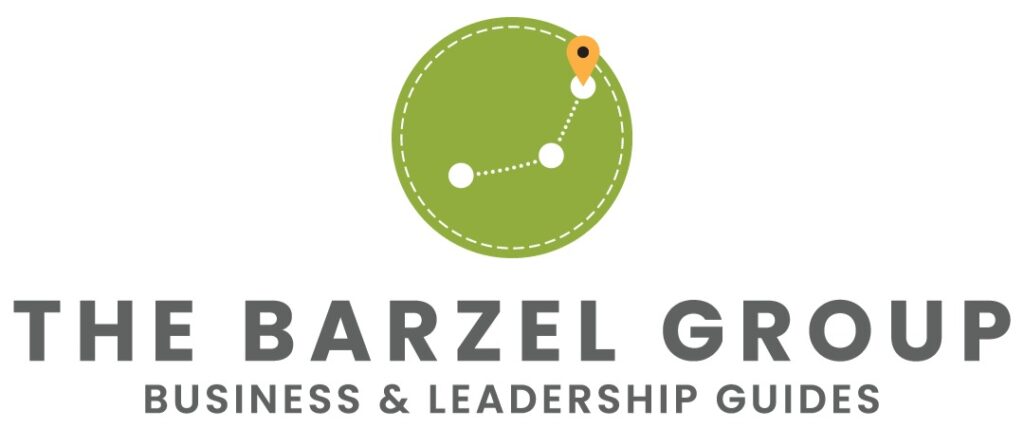Frequently, I engage in discussions with business leaders about purpose, life planning, and their future endeavors. Many of these leaders express uncertainty about their future trajectory and even their existence beyond the professional sphere. They grapple with questions about making meaningful contributions, discovering their life’s mission, and achieving balance in their lives. Some have discovered clarity and direction through a deliberate life planning process.
It’s precisely for these reasons that I provide life planning as a service.
Why Develop a LifePlan?
In the same way strategic plan directs the course of action and results for an organization, a LifePlan serves as a personal roadmap for an individual’s life journey. With a guiding “compass” in hand, one can navigate towards living a purposeful and intentional life, filled with fulfillment. Let’s delve into some concrete advantages that life planning offers.
Make Major Life Decisions Easier
A few months back, my wife faced a weighty crossroads in her career path. It wasn’t a straightforward decision by any means. With numerous variables at play, she found herself at a standstill, unsure of which path to pursue. That’s when we turned to our LifePlan as a guiding framework to aid in the decision-making process. Methodically, we assessed her strengths, talents, passions, values, and other pertinent factors in relation to the choice at hand. Each aspect was carefully rated and discussed. By the end of our discussions, she gained valuable clarity on the best course of action to take. The life planning process proved instrumental in providing this invaluable insight.
Align Your Priorities
One of the most significant benefits of having a LifePlan is it’s aid in helping to prioritize. Deciding what to do, what not to do and what to keep doing can be transformative. For example, our life planning has led us to be more intentional with regard to fitness and fostering community. We’ve also decided to significantly reduce media consumption. These aligned time investments have paid huge dividends.
A key advantage of having a LifePlan is its ability to assist in prioritization. Determining what actions to take, what to let go of, and what to continue doing can be truly liberating. For instance, our life planning journey has prompted us to be more deliberate in prioritizing fitness and nurturing meaningful connections within our community. Simultaneously, we’ve made the conscious choice to cut back significantly on media consumption. These intentional investments of our time have yielded substantial rewards.
Establish Your Life’s True Mission
Three out of every four business owners express regret within a year of selling their companies. The common thread? Uncertainty about how to fill their time post-sale. Whether feeling bored, anxious, or lost, the root cause often lies in a lack of clarity about their life’s purpose. Through life planning, individuals are guided to define this purpose, creating a guiding “north star” or “why” that motivates them each day. The impact of having this clarity is truly transformative.
The 4 Steps to Creating a LifePlan
To assist leaders in life planning, I employ the Paterson LifePlan process. This journey kicks off with a two-day retreat, personally facilitated by me. Throughout this process, we navigate through four unique phases, each tailored to provide every participant with the tools they require to shape a life of purpose and significance. These phases include…
1. Perspective: Where Am I Now?
Before delving into any planning, gaining perspective is paramount. Consider it akin to using the GPS on your smartphone for directions. Before guiding you to your destination, your phone must ascertain your current location. This initial phase holds immense significance. It involves reviewing your life’s narrative, pinpointing your talents and passions, comprehending your internal wiring, and defining your core values. It’s during this phase that many enlightening “aha” moments often surface.
2. Planning: What Is Important Now?
After acquiring the necessary perspective, we embark on crafting our plan. With our perspective as the foundation, we outline strategies for achieving goals, life tactics, periodic rejuvenation, balancing work and relationships, and myriad other aspects. Upon completion of this phase, we possess a framework for leading our lives in a more purposeful and enriching manner.
3. Management: How Am I Doing?
Tom Paterson wisely noted, “Plans don’t self-execute.” So, while having a plan is great, the subsequent step towards fulfillment is its implementation. During this phase, we assist the participant in scheduling regular intervals to evaluate their progress in actualizing their plan. This entails seeking new perspectives, revisiting the replenishment process, reflecting on life purpose and vision, and connecting with a supportive community that holds them accountable for following through on their LifePlan.
4. Renewal: What Must Change?
In life planning, no plan is a “set it and forget it” endeavor. Given the ever-changing nature of our lives, our plan must adapt and evolve accordingly. Thus, the fourth phase of life planning poses the question, “What must change?” We equip participants with the necessary tools to gain fresh perspectives and update their plan annually. At this juncture, the process begins anew. Therefore, LifePlan is an ongoing cycle of life planning, encompassing perspective, planning, management, and renewal.
Developing a LifePlan with a Facilitator
For me, there’s no greater fulfillment than guiding someone to uncover their path forward. Assisting individuals (and business leaders in particular) in charting their life course is immensely rewarding. That’s why I find facilitating LifePlans so meaningful. My role is straightforward—I work through constructs by leading discussions, posing questions, and making observations, guiding individuals on their journey of self-discovery.
Let’s Start Creating a LifePlan
I love helping people, especially business leaders, to discover their calling and purpose. It would be an honor and a blessing for me to do the same for you. If you’d like to learn more, or simply want to discuss any of the topics mentioned in this post, feel free to contact me. I’d be happy to set up a time to chat.
Latest Posts



